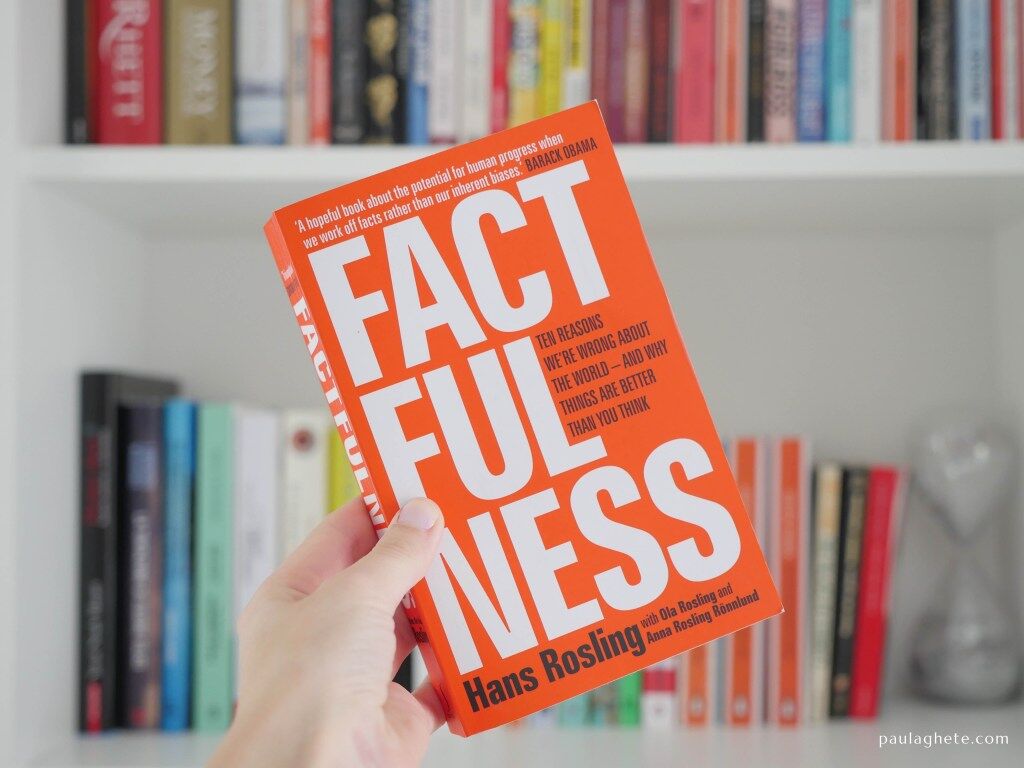AUTHOR Jim Geraghty noted recently that “no matter what event occurs in the news, some folks will try to hammer it into a shape that fits one of their preexisting narratives.” Pick any politician currently involved in a controversy or a scandal. It is more than likely that our opinions about it will reflect our political beliefs. Hence, most Democrats, including well-known feminists, backed Democratic President Bill Clinton when he was accused of sexual misconduct, among other illegal acts. Today, most Republicans believe that Republican Donald Trump should not have been impeached, and should not be convicted.

In the CNMI, consider the allegations that have been made against Rep. Edwin Propst. What do you think about them? Now let’s assume that the same charges were made against a Republican (or any other politician you dislike or like). What do you think now?
In his review of Tim Harford’s brand new book, “The Data Detective,” David A. Shaywitz mentioned the problem of “naive realism — the tendency to overgeneralize from personal experience.” For example, you may have known only one person who voted for Richard Nixon in 1972, but he also won in all but one of the 50 states. It’s emotion, Shaywitz wrote, “that wields unreasonable power, affecting not only how we respond to data but also how we absorb it in the first place. We have a tendency, research reveals, to hear what we want to hear and to filter out what we don’t. Richer information often doesn’t help; it just provides more data that we can mine to support our original convictions.”
In other words, “partisans ‘effectively used interpretations to rationalize their existing opinions’ rather than to rationally revise those opinions.” That’s from “Democracy for Realists: Why Elections Do Not Produce Responsive Government” by Christopher H. Achen and Larry M. Bartels.
Still, Shaywitz believes that an authentically open mind can make a difference, and the late Swedish physician Hans Rosling in his 2018 magnum opus, “Factfulness,” shows us how. According to his book, there are 10 “dramatic instincts” that distort the way many of us view the world. The first, which we discussed last week, is the gap instinct: That “irresistible temptation we have to divide all kinds of things into two distinct and often conflicting groups, with an imagined gap — a huge chasm of injustice — in between.”
This week we take a look at the negativity instinct: “our tendency to notice the bad more than the good.” Hence, our belief, even before Covid-19, that “things are getting worse.” And it is true, Rosling said, that there are many bad things in this world. A global pandemic is certainly not an improvement.
“It is easy to be aware of all the bad things happening in the world,” Rosling said. “It’s harder to know about the good things: billions of improvements that are never reported. Don’t misunderstand me, I’m not talking about some trivial positive news to supposedly balance out the negative. I’m talking about fundamental improvements that are world-changing but are too slow, too fragmented, or too small one-by-one to ever qualify as news. I’m talking about the secret silent miracle of human progress.”
In the year 1800, he added, “roughly 85 percent of humanity lived…in extreme poverty. All over the world, people simply did not have enough food. Most people went to bed hungry several times a year. Across Britain and its colonies, children had to work to eat, and the average child in the United Kingdom started work at age ten. One-fifth of the entire Swedish population, including many of my relatives, fled starvation to the United States, and only 20 percent of them ever returned. When the harvest failed and your relatives, friends, and neighbors starved to death, what did you do? You escaped. You migrated. If you could. [Extreme poverty] is where all of humanity started. It’s where the majority always lived, until 1966. Until then, extreme poverty was the rule, not the exception.”
Over 20 years ago, “29 percent of the world population lived in extreme poverty. Now that number is 9 percent. Today almost everybody has escaped hell. The original source of all human suffering is about to be eradicated.”
And yet what we usually read/see in the news are people in extreme poverty. “Billions of people have escaped misery and become consumers and producers for the world market, billions of people have managed to slide up from [income] Level 1 [extreme poverty] to Levels 2 and 3, without the people on Level 4 noticing.”
As for life expectancy, Rosling said in 1800, “when Swedes starved to death and British children worked in coal mines, life expectancy was roughly 30 years everywhere in the world. That was what it had been throughout history. Among all babies who were ever born, roughly half died during their childhood. Most of the other half died between the ages of 50 and 70. So the average was around 30. It doesn’t mean most people lived to be 30. It’s just an average, and with averages we must always remember that there’s a spread. The average life expectancy across the world today [in 2017] is 70. Actually, it’s better than that: it’s 72.”
Rosling said the “misconception that the world is getting worse is very difficult to maintain when we put the present in its historical context. We shouldn’t diminish the tragedies of the droughts and famines happening right now. [This was written before Covid-19.] But knowledge of the tragedies of the past should help everyone realize how the world has become both much more transparent and much better at getting help to where it’s needed.”
With Covid-19 itself, let’s remind ourselves that, as Nature magazine pointed out, “the fastest any vaccine had previously been developed, from viral sampling to approval, was four years, for mumps in the 1960s. To hope for one even by the summer of 2021 seemed highly optimistic. But by the start of December [2020], the developers of several vaccines had announced excellent results in large trials, with more showing promise. And on 2 December [2020], a vaccine made by drug giant Pfizer with German biotech firm BioNTech, became the first fully-tested immunization to be approved for emergency use.”
How about that.
To be continued
Send feedback to editor@mvariety.com











